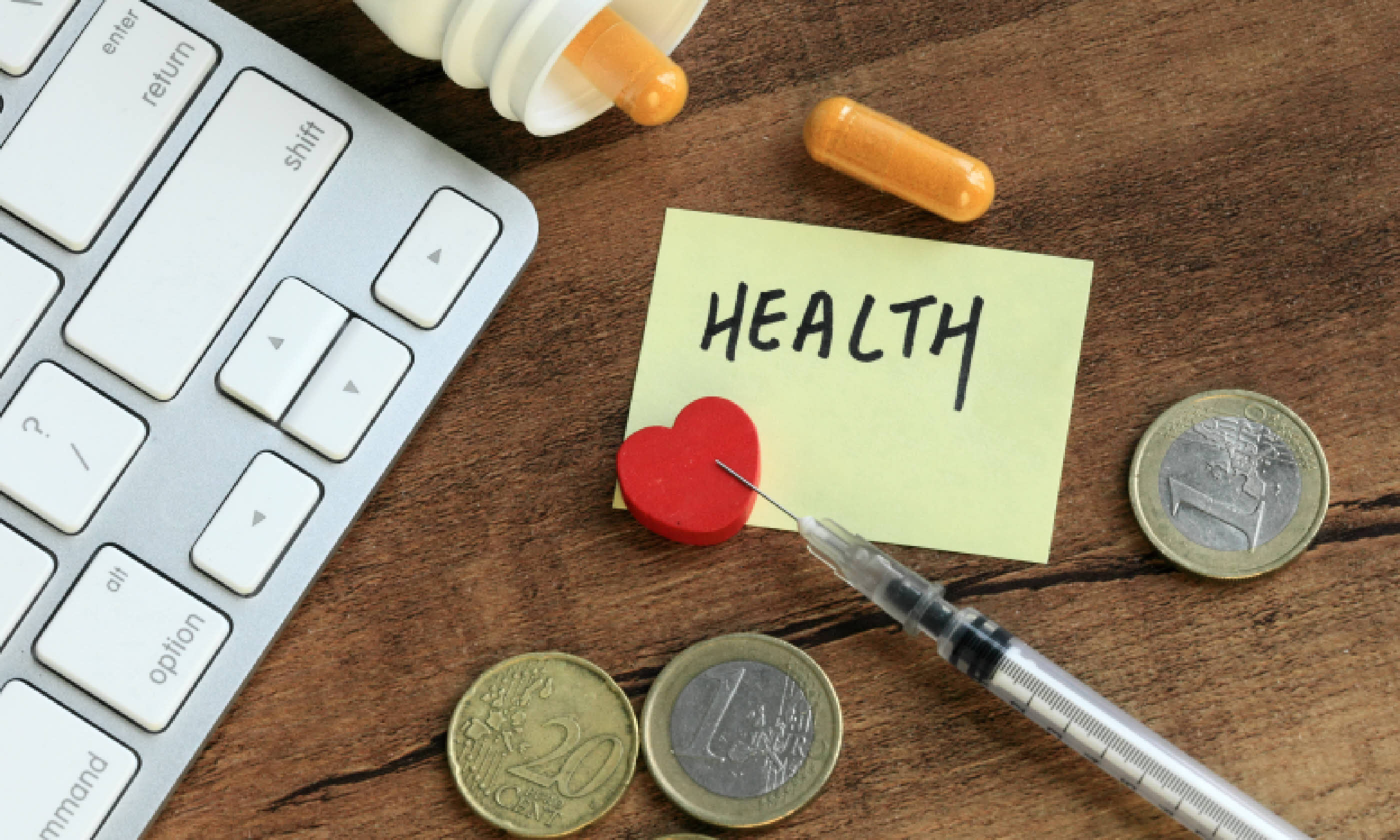
Travel health costs can quickly mount up when you’re planning an exotic trip – but scrimp on essentials at your peril...
*WARNING!*
Why? European Health Insurance Cards are free to EU residents. However, some websites will try to sell them to you. There is no advantage to using a paid-for service. You don’t receive your card any quicker; you don’t get any extra cover. Don’t be caught out.
Have you been caught out by an EHIC scam or an expensive health scare? Tell us in the comments below...